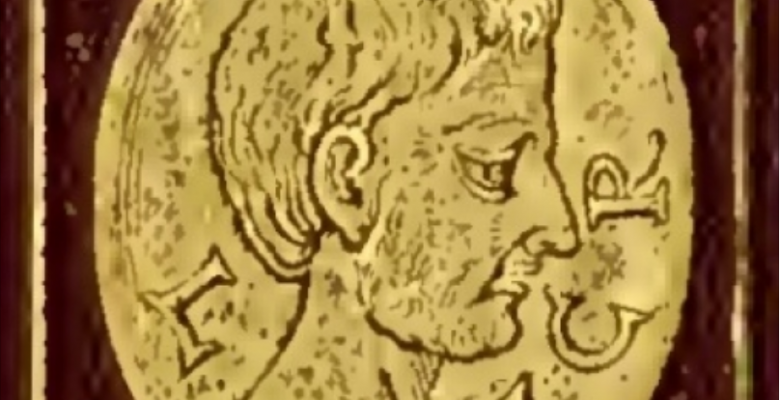Lucretius Today Podcast Episode 210 Is Now Available
Welcome to Episode 210 of Lucretius Today. This is a podcast dedicated to the poet Lucretius, who wrote “On The Nature of Things,” the most complete presentation of Epicurean philosophy left to us from the ancient world. Each week we walk you through the Epicurean texts, and we discuss how Epicurean philosophy can apply to you today. If you find the Epicurean worldview attractive, we invite you to join us in the study of Epicurus at EpicureanFriends.com, where you will find a discussion thread for each of our podcast episodes and many other topics.
This week we continue our discussion of Book Two of Cicero’s On Ends, which is largely devoted Cicero’s attack on Epicurean Philosophy. Going through this book gives us the opportunity to review those attacks, take them apart, and respond to them as an ancient Epicurean might have done, and much more fully than Cicero allowed Torquatus, his Epicurean spokesman, to do.
Follow along with us here: Cicero’s On Ends – Complete Reid Edition. Check any typos or other questions against the original PDF which can be found here.
This week we move into Section XIX:
XIX. Apply the same remarks to self-restraint or temperance, by which I mean a government of the desires which pays allegiance to reason. Well then, supposing a man to yield to vice, in the absence of witnesses, would he shew suffcient regard for modesty, or is there something which is in itself abominable, though attended by no disgrace? What? Do brave men go to battle and pour out their blood for their country, because they have gone through the arithmetic of pleasures, or because they are carried away by a certain enthusiasm and tide of feeling? Pray do you think, Torquatus, that old Imperiosus, if he were listening to our talk, would find greater pleasure in giving ear to your speech about himself, or to mine, in which I stated that he had done nothing from regard for himself, but everything in the interest of the commonwealth; while on the contrary you said he had done nothing but what he did out of regard to himself? If more- over you had further chosen to make the matter clear, and to state your view more plainly, that he acted entirely with an eye to pleasure, how do you think he would have endured it?
Be it so; suppose, if you like, that Torquatus acted for the sake of his own interests (I would rather use this word than pleasures, particularly in relation to so great a man); did his colleague Publius Decius, who was the first of his family to achieve the consulship, think anything of his own pleasures, when he had offered himself up, and was rushing into the midst of the Latin line, with his horse at full gallop? Where did he expect to catch his pleasure or when, knowing that he must instantly die, and seeking his death with more burning zeal than Epicurus thinks should be given to the search for pleasure? And if this exploit of his had not been justly applauded, never would his son have emulated it in his fourth consulship, nor would this man’s son again have died on the field of battle, while conducting as consul the war with Pyrrhus, thus offering himself for his country as a third sacrifice from the same family in unbroken succession. I refrain from further instances. The Greeks have few in this class, Leonidas, Epaminondas, some three or four others ; if I begin to gather up our own examples, I shall indeed compel pleasure to surrender her- self to virtue as her prisoner, but the day will not be long enough for me, and just as Aulus Varius, who was looked upon as a rather severe judge, used to say to his assessor, when witnesses had been examined, and still others were being summoned: Ether we have got enough witnesses or I do not know what is enough, so I think I have supplied enough witnesses. Why, was it pleasure that led you yourself, a most worthy representative of your ancestors, while quite young, to rob Publius Sulla of the consulship? And when you had conferred this office on that staunchest of gentlemen, your father, what a noble consul he was, and what a noble citizen after his consulship, as always! And it was by his advice that I myself carried out a policy which had regard to the general interest rather than my own.

